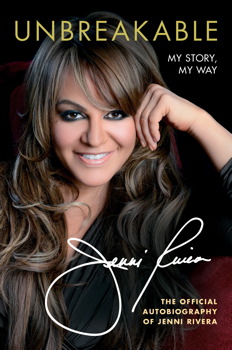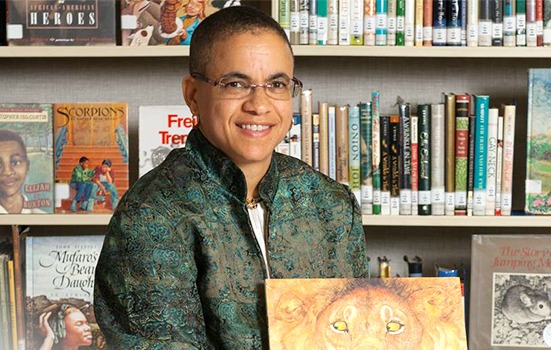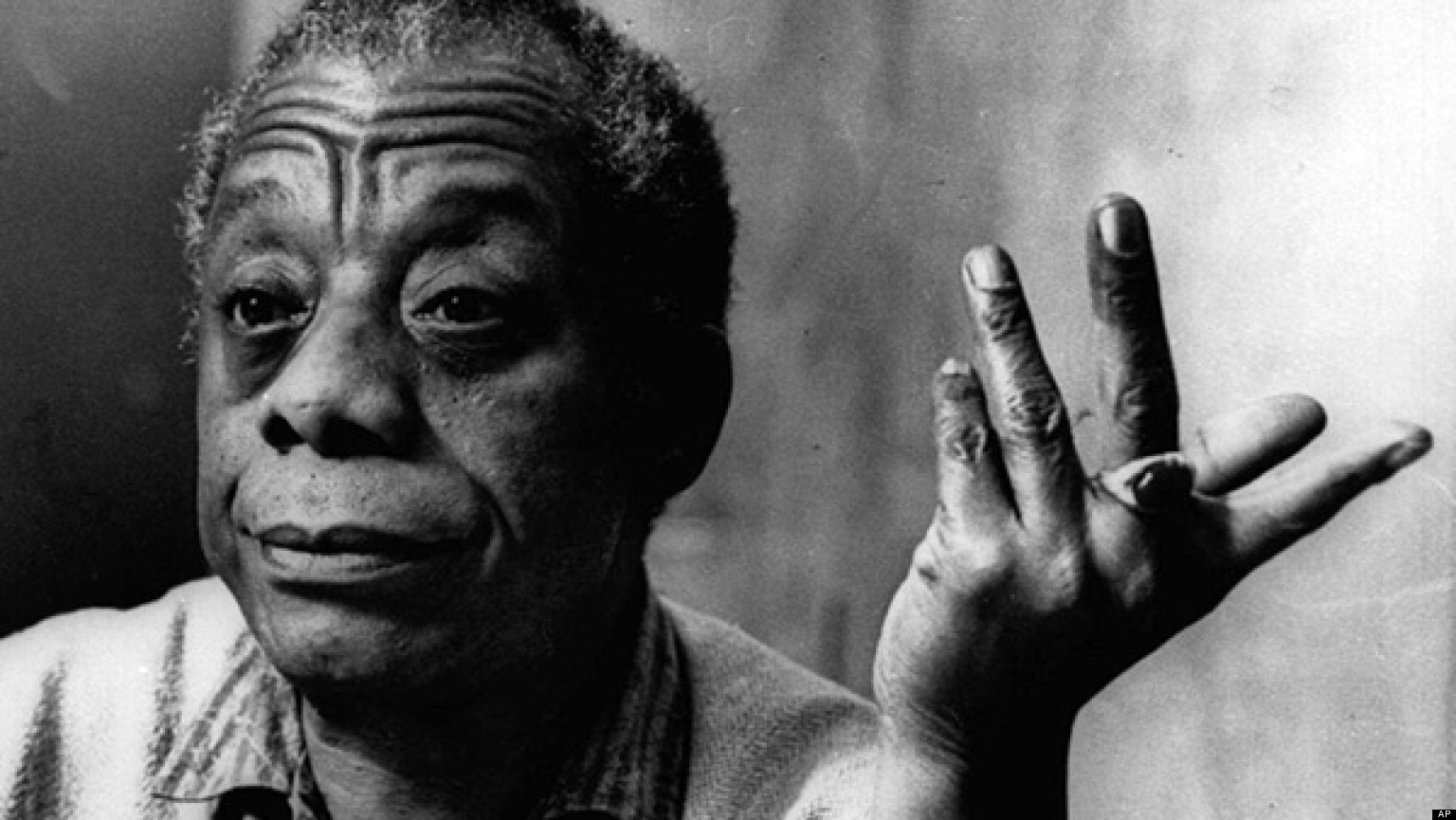On July 2, Atria Books will publish eight versions of a new autobiography, “Unbreakable: My Story, My Way,” by Jenni Rivera, the Mexican American star who sold more than 15 million albums in a career cut short in a fatal plane crash last December.
“Unbreakable” will come out in English and Mexican Spanish—which Rivera sang and spoke fluently—and in hardcover, paperback and digital formats. The publisher will also print two special editions with extra photographs—an idea from Walmart, which committed to accepting 17,000 copies to sell, said Judith Curr, Atria’s publisher and founder.
Curr told an audience in Manhattan at Book Expo America that Atria is “one of many rooms where a different community can be heard.”
Founded 11 years ago, her upstart imprint enjoyed a critical breakthrough with “The Distance Between Us,” a coming-of-age memoir by Reyna Grande about growing up in Mexico while her parents worked “on the other side.” This moving book—also published simultaneously in English and Spanish—was a finalist for the National Book Critics Circle in autobiography this year.
Such occasions are rarer in American publishing than outsiders would guess, even as some 50 million people in the United States speak Spanish.
“We’re looking to bring the work of more Mexican writers into North America,” Curr said, “but discovery is difficult. Distribution is a problem, especially with Borders gone. We are experimenting with ebooks on Amazon in Spanish and English. The results are not great, but better than not having ebooks at all.”
David Unger, a Guatemalan novelist, said that when he arrived in New York City in 1974, there were seven Spanish-language book stores. “Today, we have a boutique book store in Spanish Harlem,” he said. “That’s all.”
Both Curr and Unger spoke on a Book Expo panel called “Mexico’s Cultural Ambitions: On Books, Reading, Translation and a Broader Exchange in the U.S. Market.” Julio Trujillo, editorial director of Conaculta, a Mexican government office that promotes Mexican books, joined them.
“Many people speak Spanish here (in the U.S.), but there is not a book market,” Trujillo said. “First- and second-generation Spanish speakers here, they want to speak English. They want to move in English, work in English and Spanish has been left for the house, the tradition…Books in Spanish that are here have come mainly from Spain, and that is a trend we are trying to buck.”
Unger said that Spain’s stumbling economy, with 27-28 percent unemployment, has created an opening for more Mexican Spanish books, one that he sees prospering under the Guadalajara Book Fair, which started in 1987 and now attracts hundreds of thousands of visitors annually. “Some 700 book professionals from the United States attend each year,” he said.
Diego Rabasa, co-founder of the Mexican publishing house Sexto Piso (“Sixth Floor”), argued that literature meant more than developing markets for books. “We live in a country going through a very deep, complex, long-lasting conflict,” he said. “How do we shape a new social consciousness? Each book should contribute to that.”


